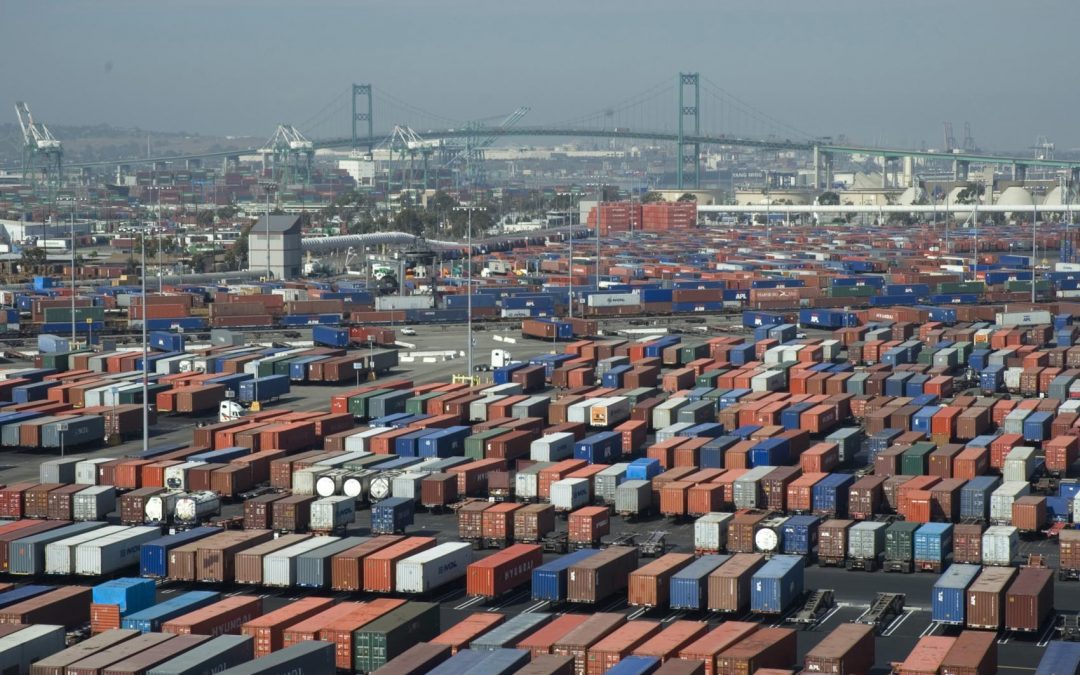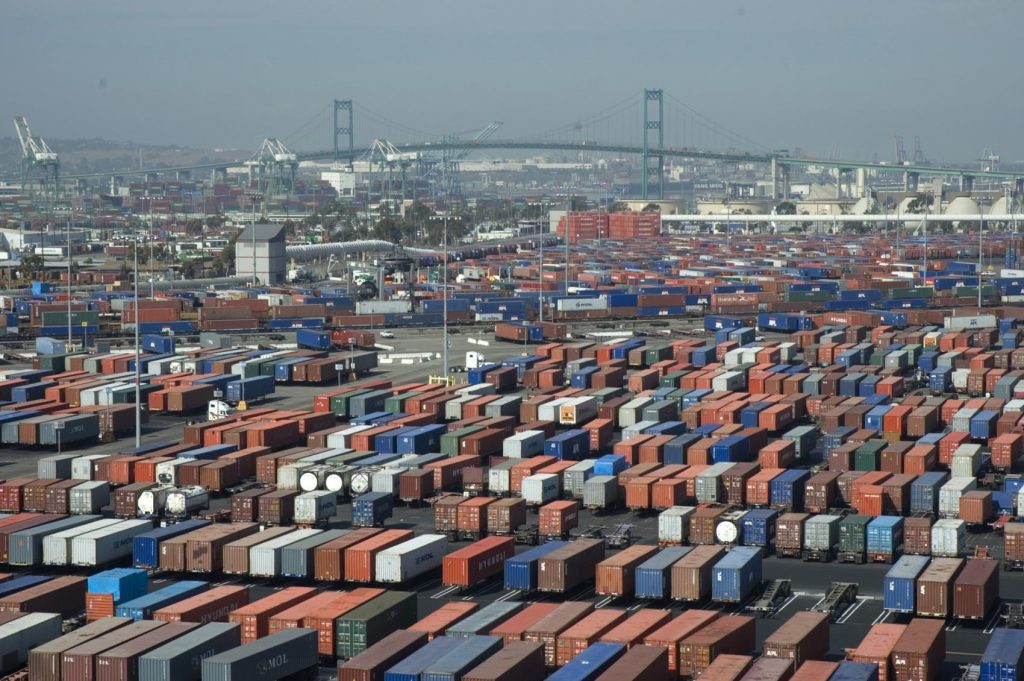A “revolution” is what Pope Francis recently called it – the necessity for humans to change attitudes, beliefs, and behaviors in order create a sustainable ecosystem and society. In his encyclical, entitled Praise be to you – On Care For Our Common Home, he called upon all people and organizations to push against the increasing drive for power at the expense of the earth and other human beings, stating, “We are not faced with two separate crises, one environmental and the other social, but rather one complex crisis which is both social and environmental.”
Pope Francis is one large voice in a sea of voices— secular and non-secular— who have been pleading for change for decades. Recent record-breaking temperatures, storms, and droughts cannot be ignored. What is the role of each person in these battles? What is the role of governments, NGOs, companies?
The supply chain impacts: water, environment, raw materials, energy, animals, humans – essentially the entire planet and those who exist on it.
Cathy Morris, senior vice president and chief strategy officer for Arrow Electronics, Inc., calls attention to the fact that “everything hinges on an effective supply chain.” Specifically: “Products can be made, money can be invested, ideas can be brought to fruition, but without the supply chain everything stops.” The scope of influence of this trillion dollar industry has a significant impact on our planet and our environment.
In an interview with the Harvard Business Review, Peter Senge states that the perception of sustainability must shift, “They might not say this, but most companies act as if sustainability is about being less bad. There’s certainly a need to reduce your carbon footprint. But people don’t get excited about incremental changes like that. They need a more ambitious vision.”
The supply chain holds within it the power to impact many things, from stocking your grocery and clothing stores, to making the cars you use to get to those stores, or the pieces of the computer you use to purchase those things online. The supply chain is also the packing and the raw materials to make the packing. It’s the boat, the truck, the train, and the plane to move the materials. From the products to the moving of products, there are few areas of daily living that does not involve the supply chain.
The supply chain also holds within it the power to impact the sustainability of the ecosystem. In the past several decades we have seen increasing evidence that human behavior is altering the state of the earth. According to PWC, “While climate change and increasing temperatures now seem inevitable, there are high levels of uncertainty about the manifestations and magnitude of their impact. What is certain, though, is that climate change will have a multiplier effect on supply chain risk.”
In the 1980s we saw that we, as individuals, were contributing to the hole in ozone layer by emitting man-made gases. Although the ozone appears to be slowly recovering, a larger issue looms: greenhouse gases. The three main gases that traps and heat the earth, Carbon Dioxide (72% of total), Methane (18% of total), and Nitrous Oxide (9% of total), come from our need for energy (power stations 21.3% and Fossil fuel retrieval 11.3%), products (industrial processes (16.8%), transportation (14%), and food (agricultural byproducts) 12.5%) rounding out the top emitters by sector.
In our contemporary pursuit for an easier life, people consume more products, energy, and water. We desire heat when it’s cold, air-conditioning when it’s hot. We want to travel in cars and planes. We want more, better, faster, cheaper. According to the NASA website, “In its Fourth Assessment Report, the Intergovernmental Panel on Climate Change, a group of 1,300 independent scientific experts from countries all over the world under the auspices of the United Nations, concluded there’s a more than 90 percent probability that human activities over the past 250 years have warmed our planet.” The same report showed that “climate change is a material risk to supply chains across industries, and according to the CDP, more than 50 percent of an average corporation’s carbon emissions typically come from the supply chain.”
According to BSR’s report, Business Action for Climate-Resistant Supply Chains, there are five areas of supply chain climate risks that require consideration by all companies:
- The physical risk to suppliers’ assets and operations
- The risk of reduced availability or increased costs of inputs
- The risk of changing regulations in sourcing or distribution markets
- The risk of climate-related disruptions in communities that impact supplier workforce availability and productivity
- Stakeholder, or reputational, risk
We know the facts, we know much of the damage, so now what? Humans contribute, the supply chain contributes. At this point people want to move beyond the blame game and work to improve and, in some cases, reverse the damage. There’s an expectation that individuals will help in this effort, driving more efficient cars, finding renewable sources of energy, and focusing on recycling, but companies are also being asked to do their part, particularly the vast world of the supply chain. According to the UN Global Compact website, “A company’s entire supply chain can make a significant impact in promoting human rights, fair labour practices, environmental progress and anti-corruption policies. However, UN Global Compact participants rank supply chain practices as the biggest challenge to improving their sustainability performance.”
Fronetics Strategic Advisors is a leading management consulting firm. Our firm works with companies to identify and execute strategies for growth and value creation.
Whether it is a wholesale food distributor seeking guidance on how to define and execute corporate strategy; a telematics firm needing high quality content on a consistent basis; a real estate firm looking for a marketing partner; or a supply chain firm in need of interim management, our clients rely on Fronetics to help them navigate through critical junctures, meet their toughest challenges, and take advantage of opportunities. We deliver high-impact results.
We advise and work with companies on their most critical issues and opportunities: strategy, marketing, organization, talent acquisition, performance management, and M&A support.
We have deep expertise and a proven track record in a broad range of industries including: supply chain, real estate, software, and logistics.



